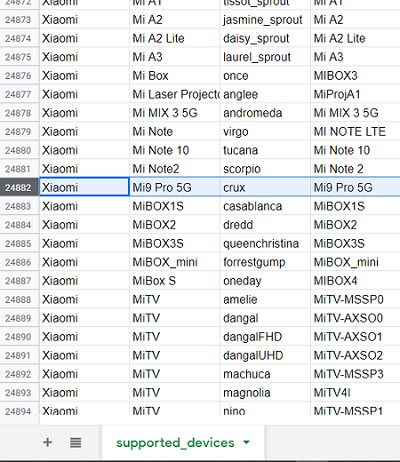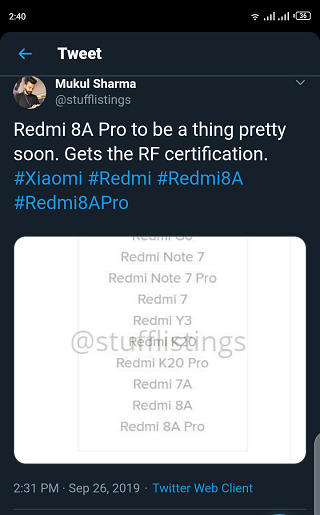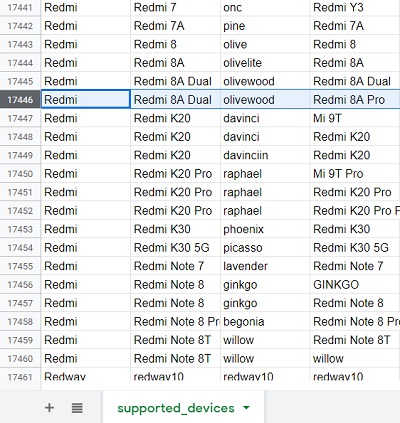It seems Xiaomi is in no mood to waste time. With the year having just started, the Chinese company is looking to add two more smartphones to its global portfolio, the budget Redmi 8A Pro and the flying Mi 9 Pro 5G.
The Mi 9 Pro 5G isn’t a new phone. Xiaomi fans will know it from September 2019 when it first arrived, but all this time, it has been limited to the Chinese market.
Recent developments suggest the device is heading to markets outside China. A quick look at the updated list of Android devices certified to run Google Play Store and Services reveals that the Mi 9 Pro 5G has recently received this certification.

You might be wondering why it hadn’t received Google Play certification all this time yet it has even picked up a couple of MIUI updates while at it. Well, as mentioned earlier, the device has only been selling in China where the Google Play Store and Services are not needed.
In order to sell it globally, Xiaomi must pre-install Google Play Store and Services. The fact that the device is now appearing on the official list by Google means that it has been certified to go global. It’s only a matter of time.
The story is pretty much the same with respect to the Redmi 8A Pro, only that the phone isn’t available yet, not even in China. The device first popped up in September last year when it picked up RF certification, but it never materialized.

Fast-forward to today, the updated list of Google Play certified devices now has the Redmi 8A Pro. The device, for some reason, also pops up as the Redmi 8A Dual. Could it mean dual cameras like the Redmi 8? Your guess is as good as ours.

What looks certain, though, is that the Redmi 8A Pro and Mi 9 Pro 5G will soon be available globally. For now, though, the specific markets are unknown to us.
Oh, and BTW, credit goes to yshalsager for this finding.
PiunikaWeb started as purely an investigative tech journalism website with main focus on ‘breaking’ or ‘exclusive’ news. In no time, our stories got picked up by the likes of Forbes, Foxnews, Gizmodo, TechCrunch, Engadget, The Verge, Macrumors, and many others. Want to know more about us? Head here.


